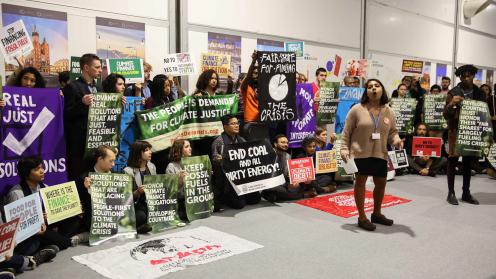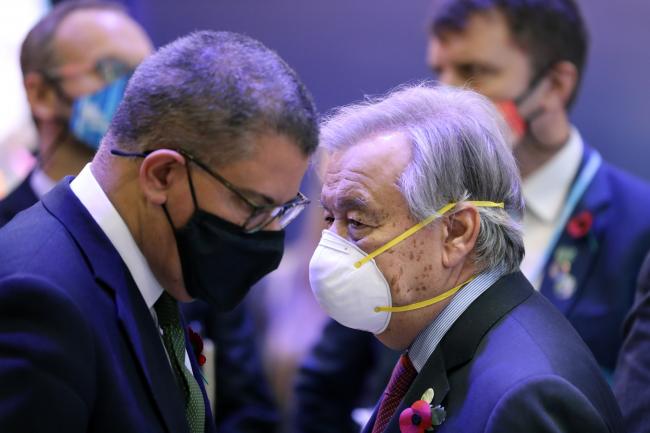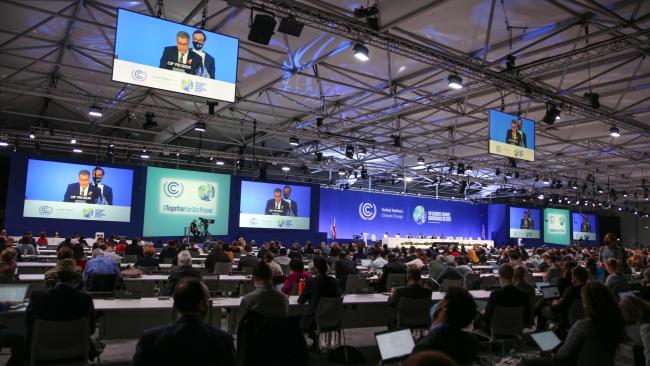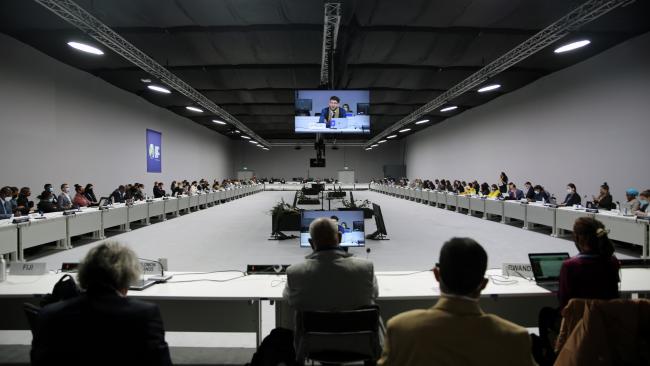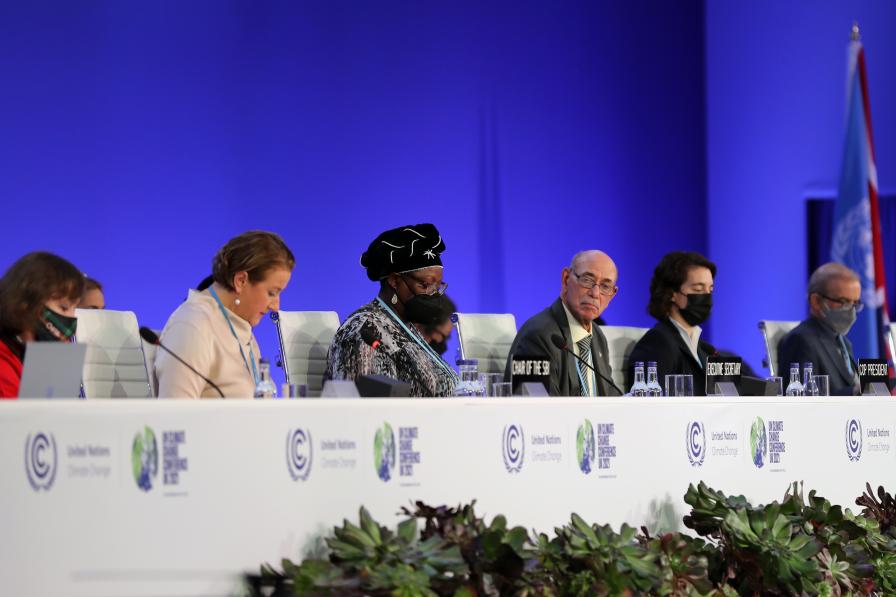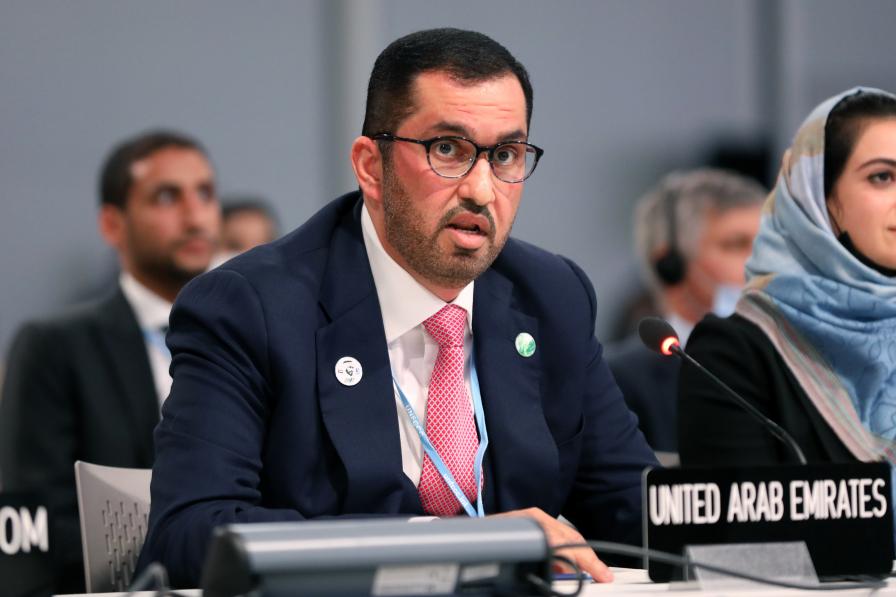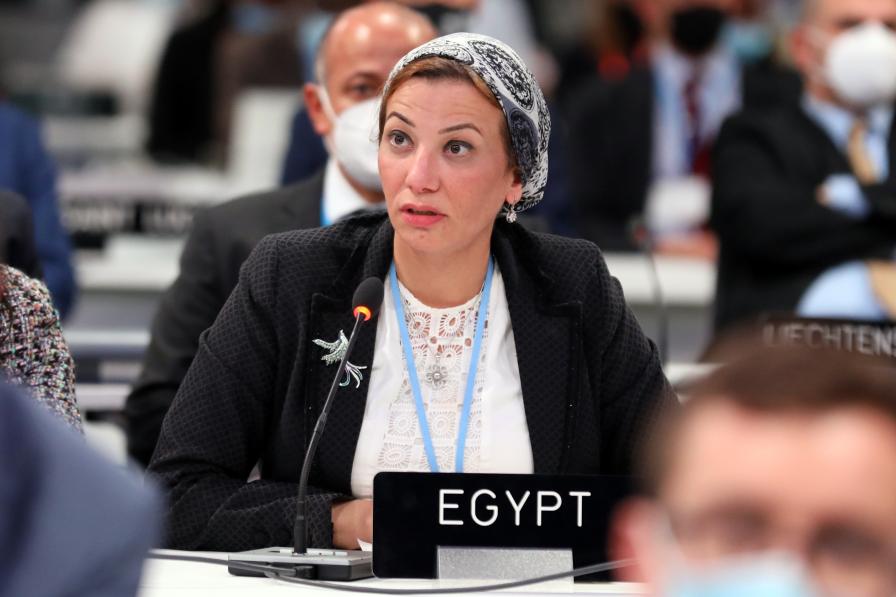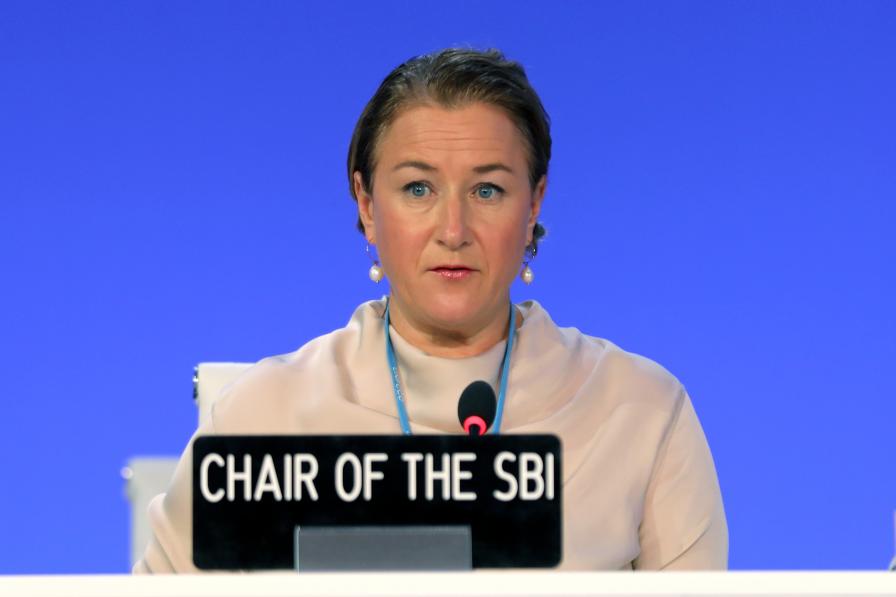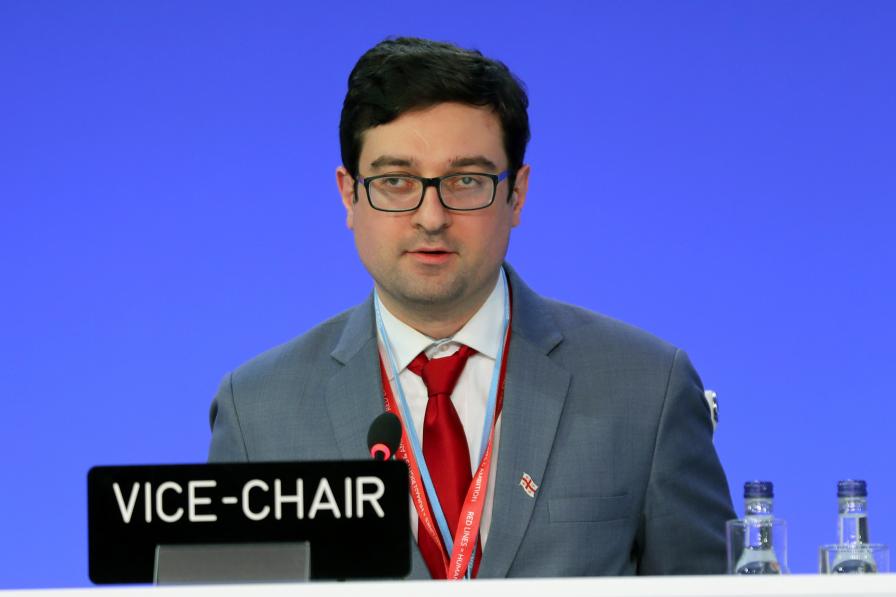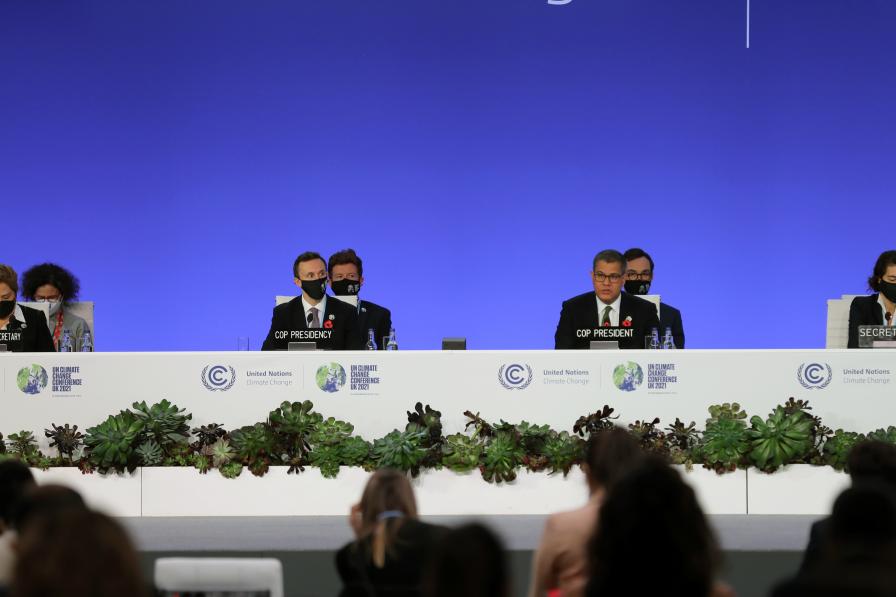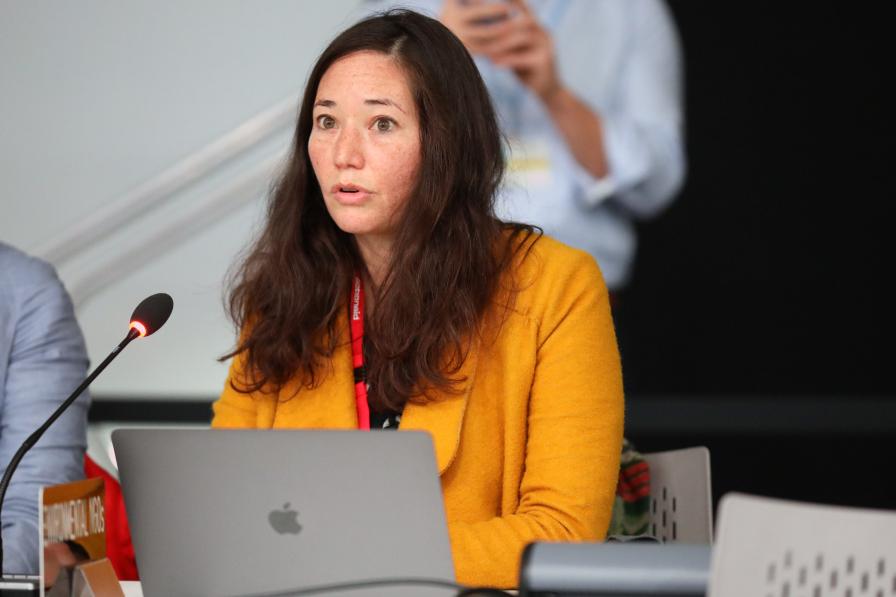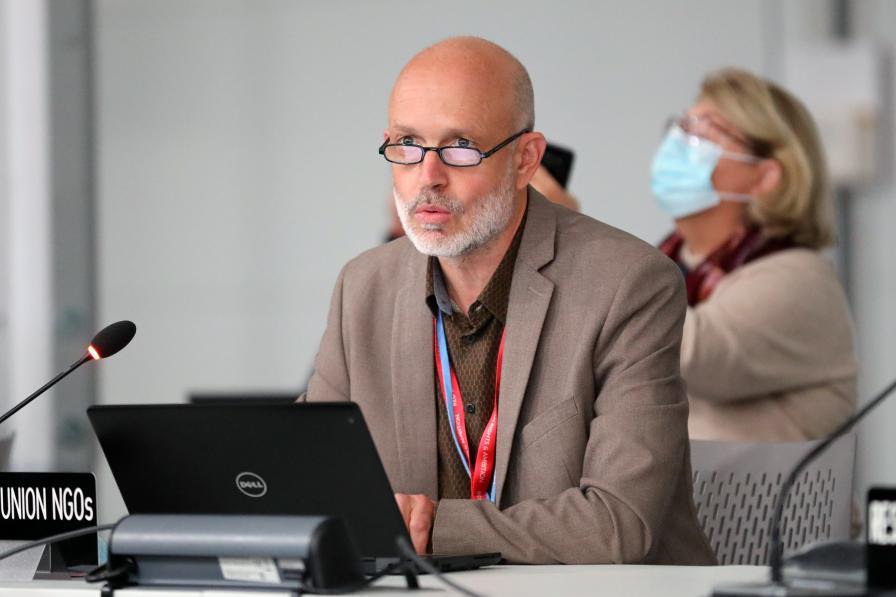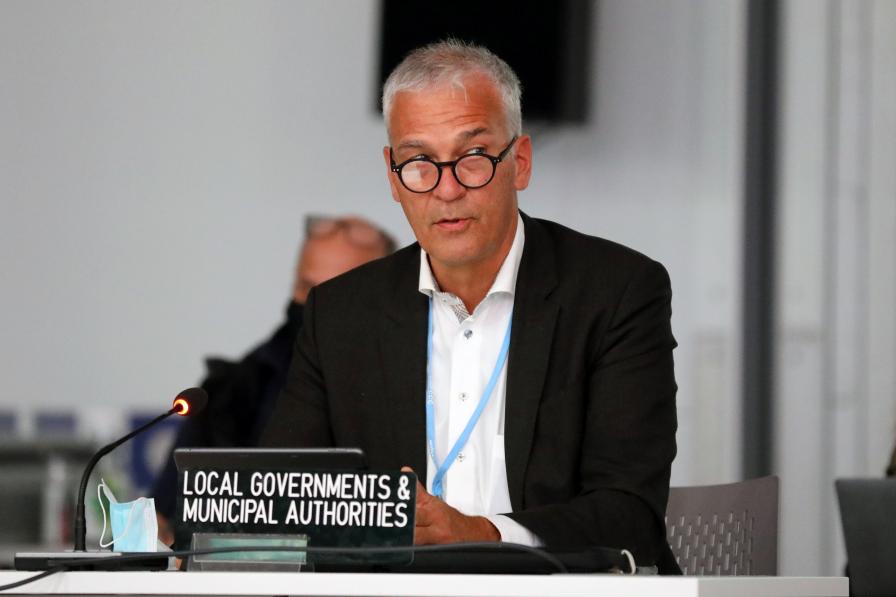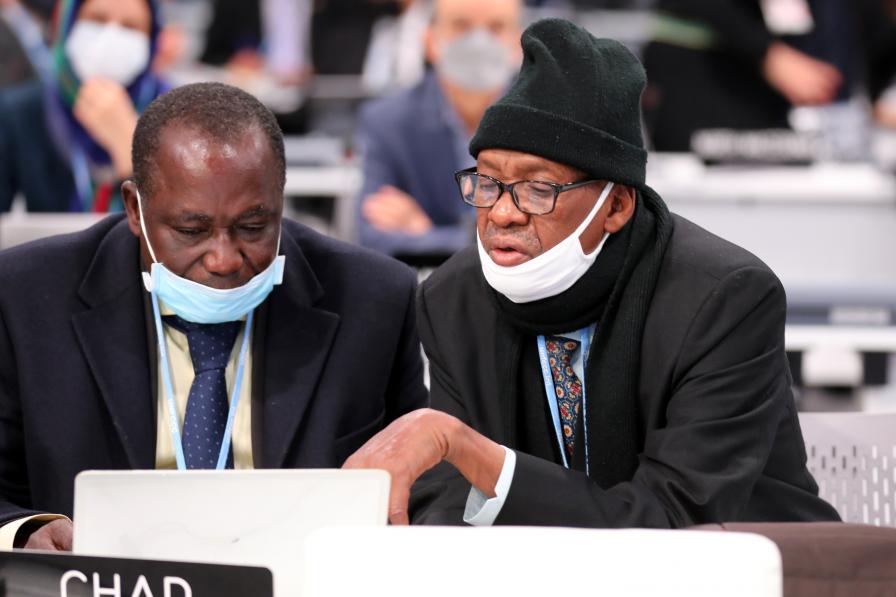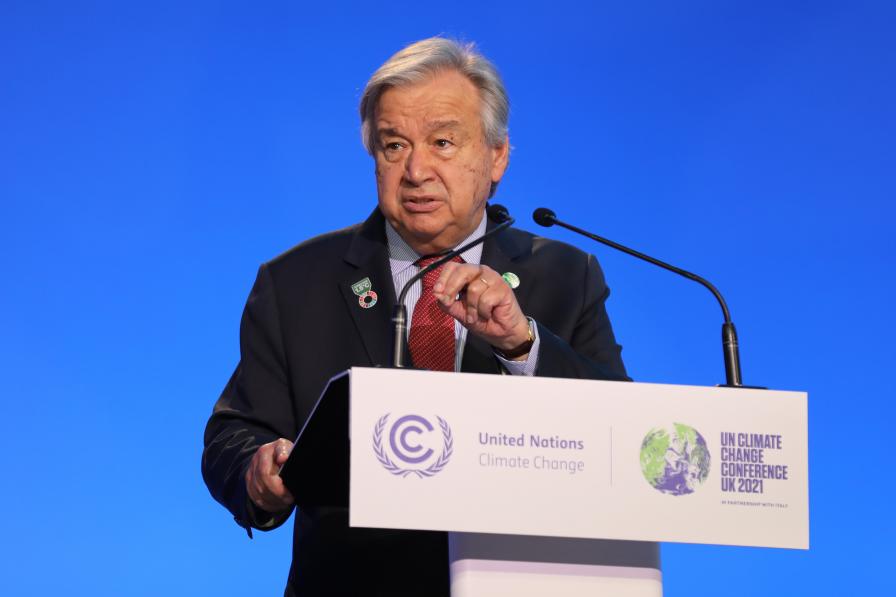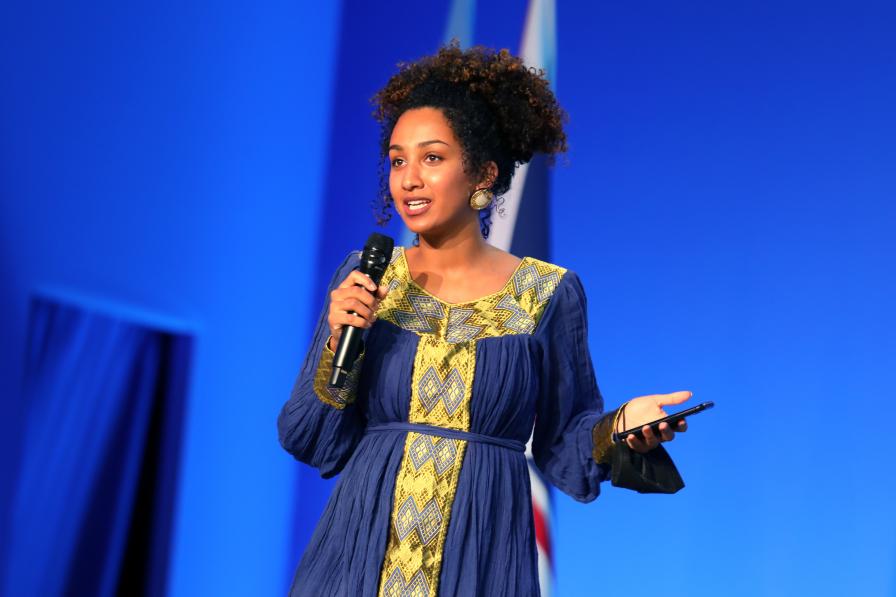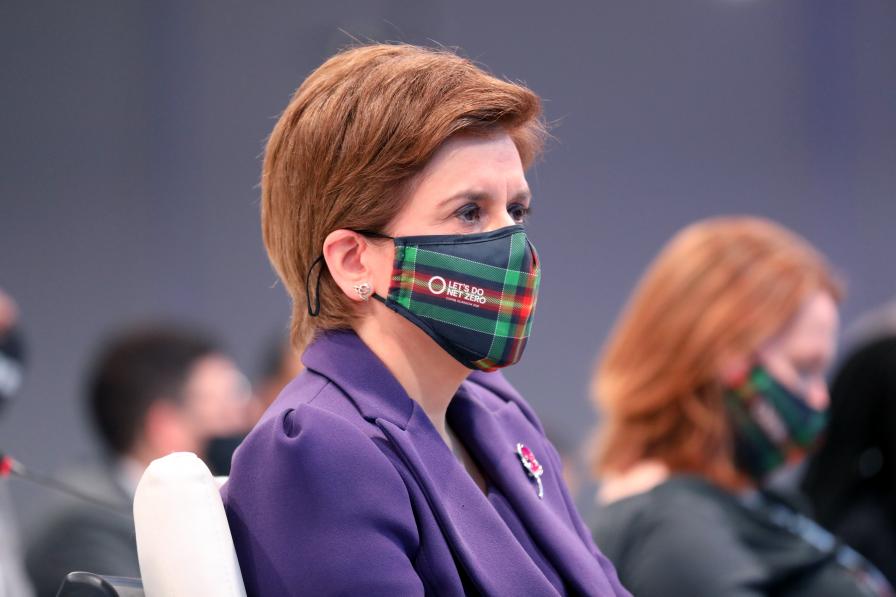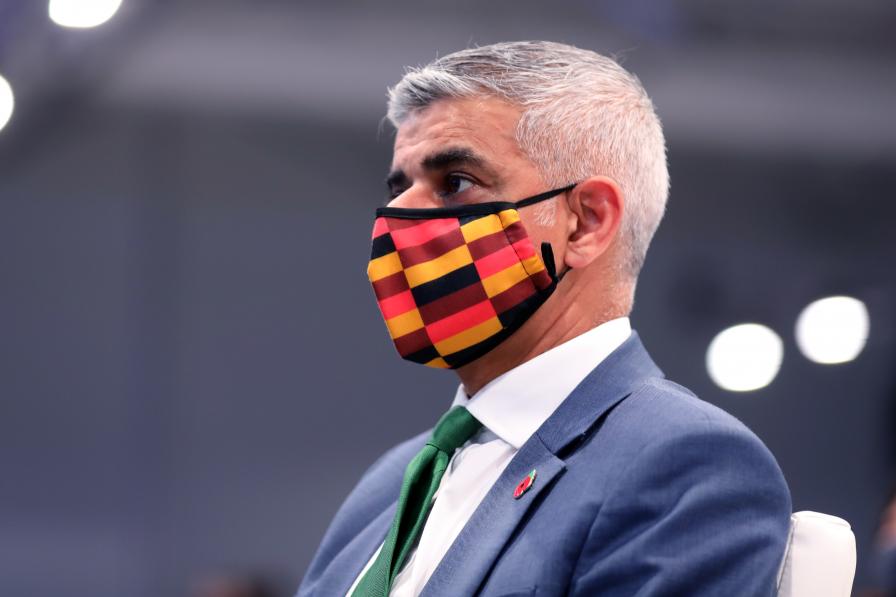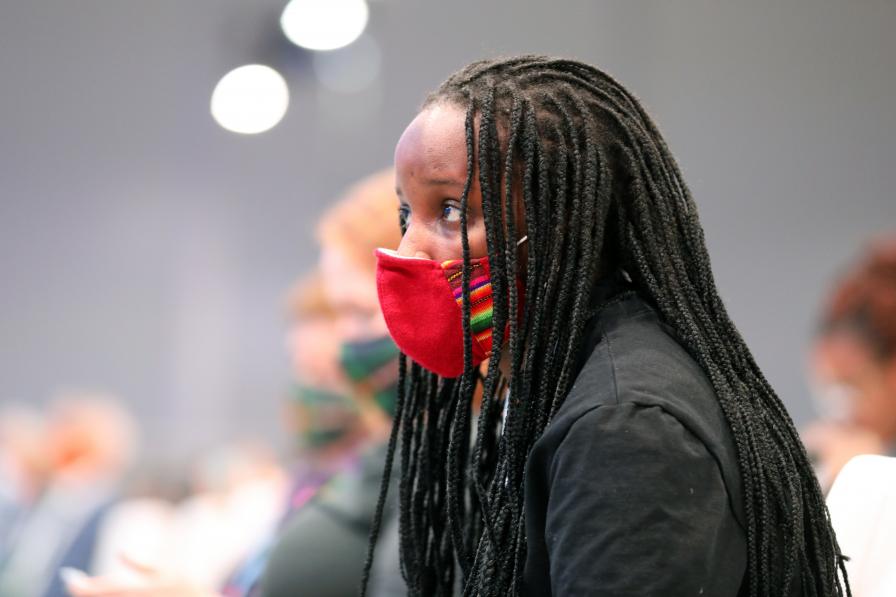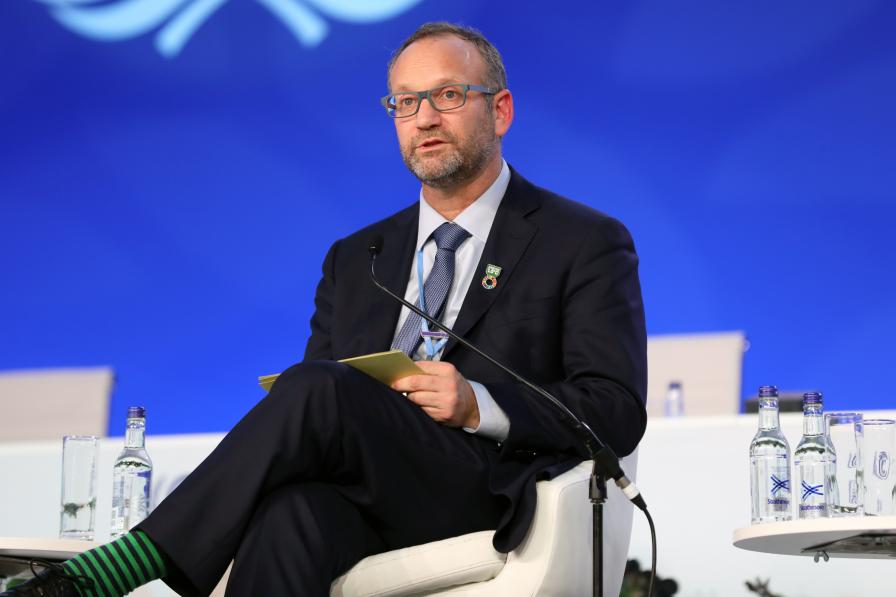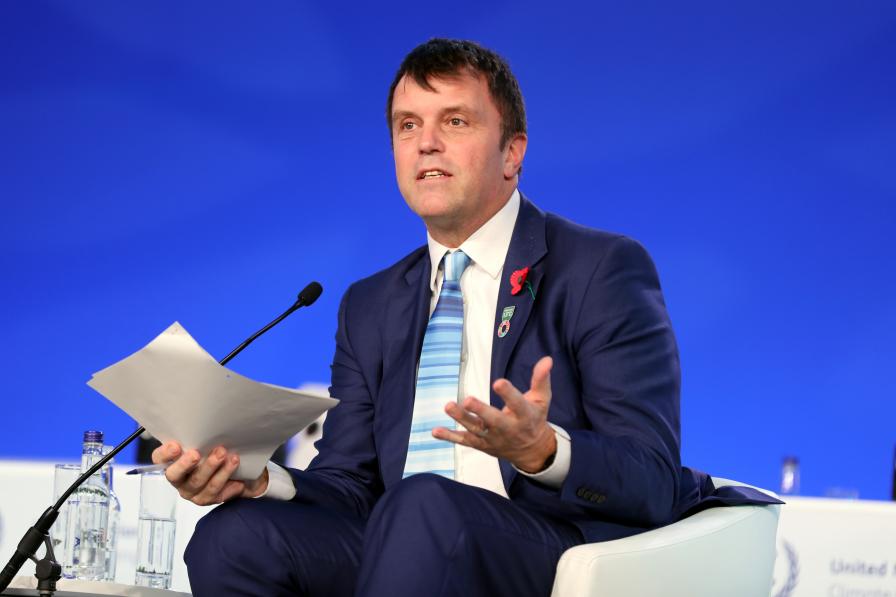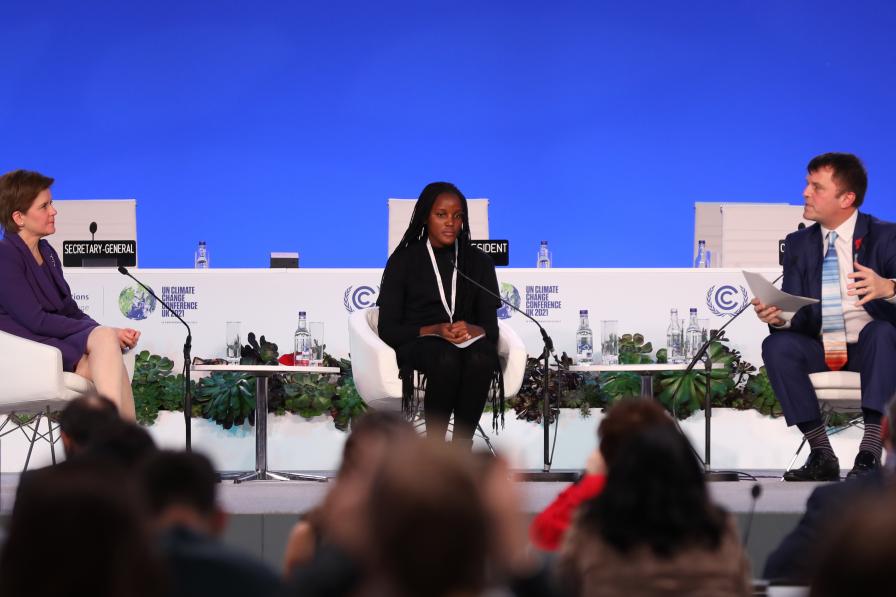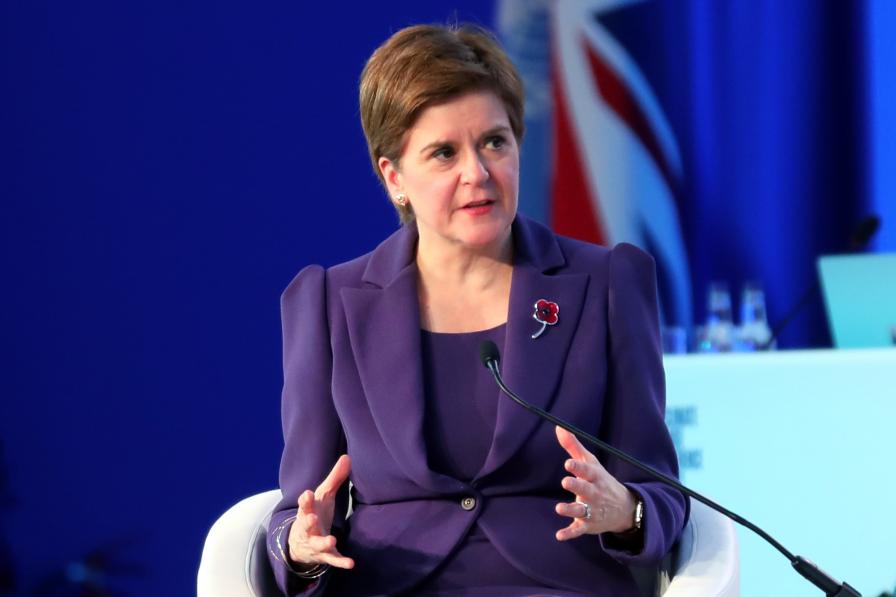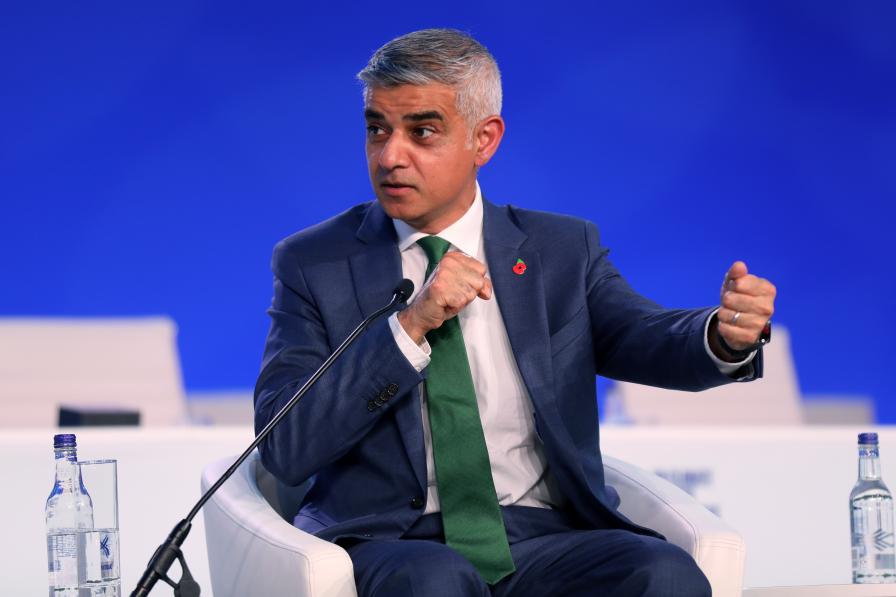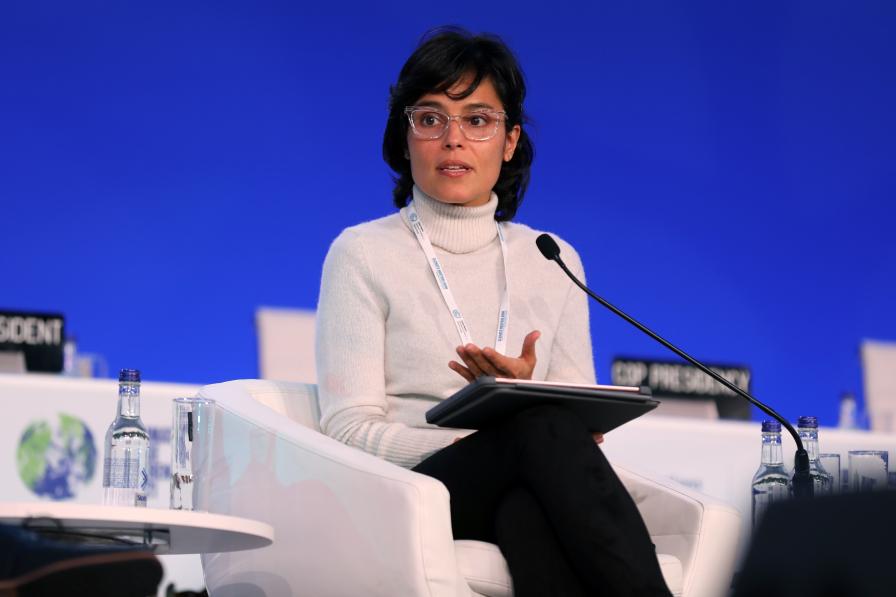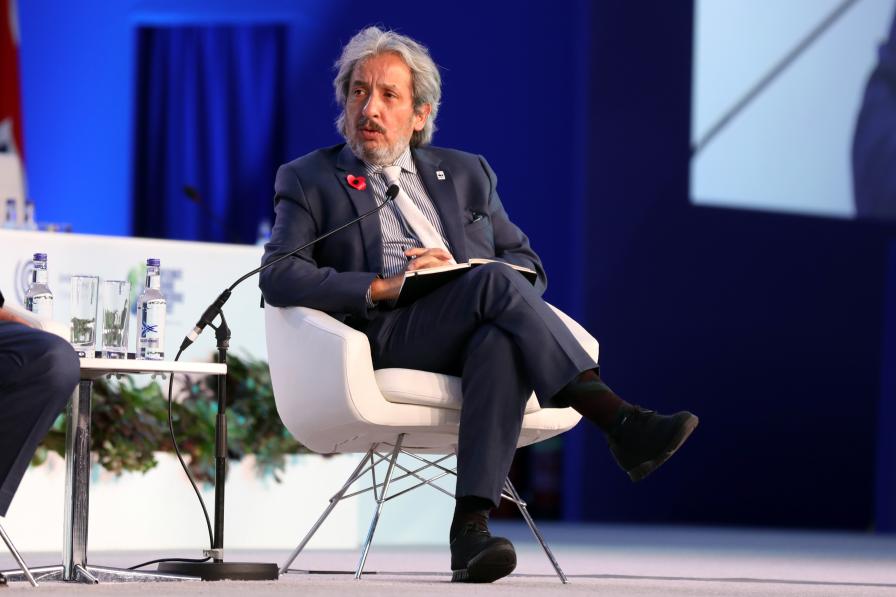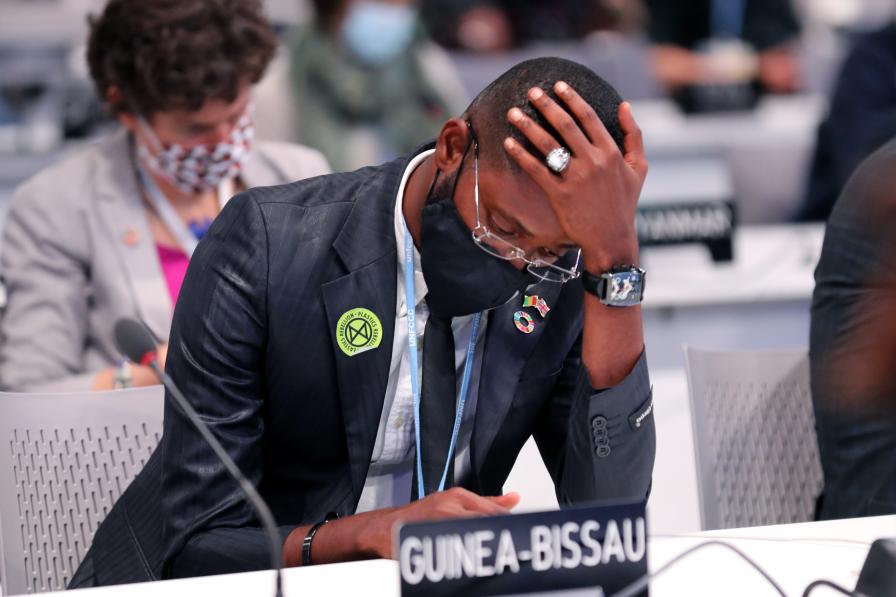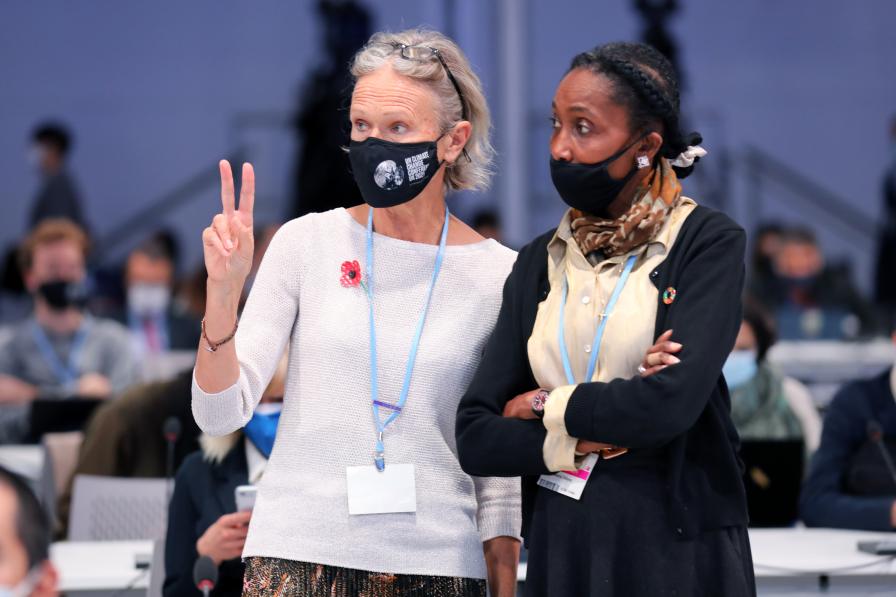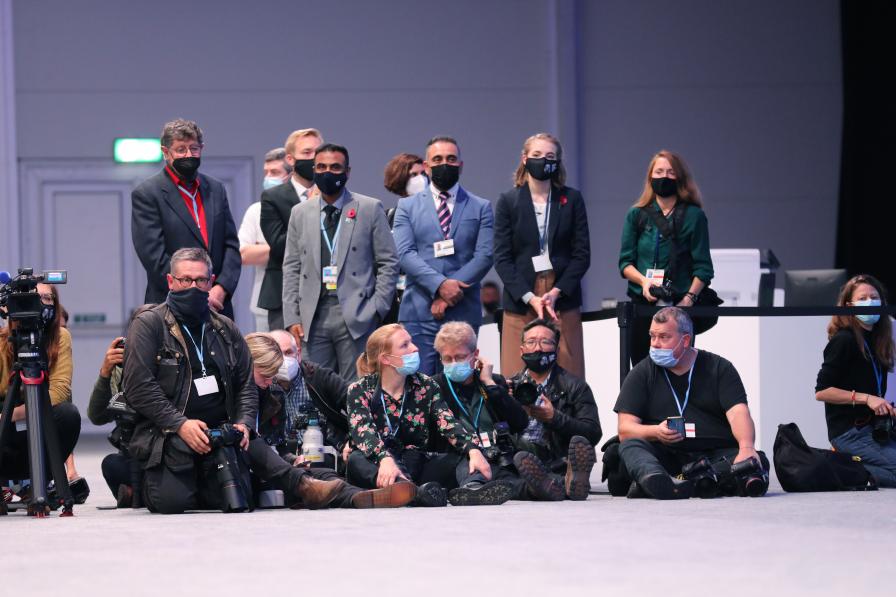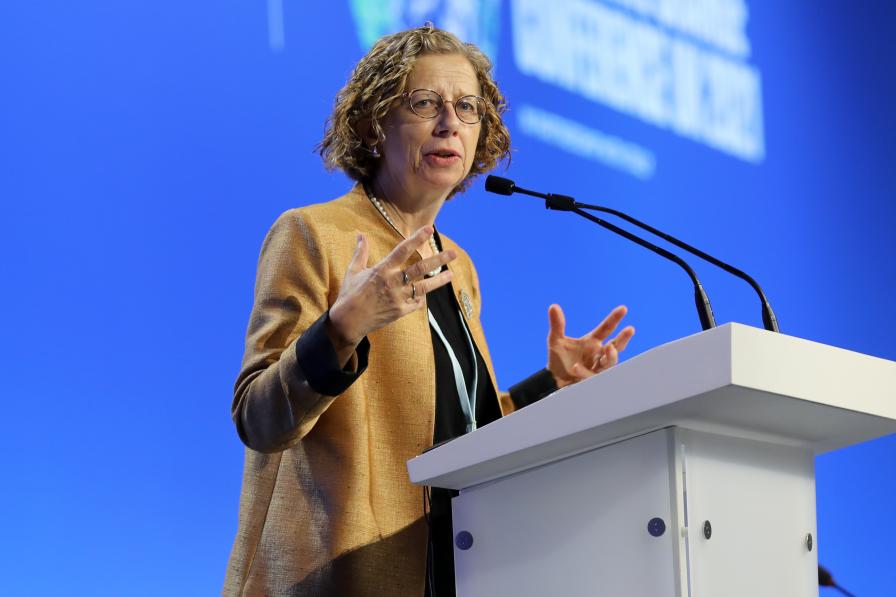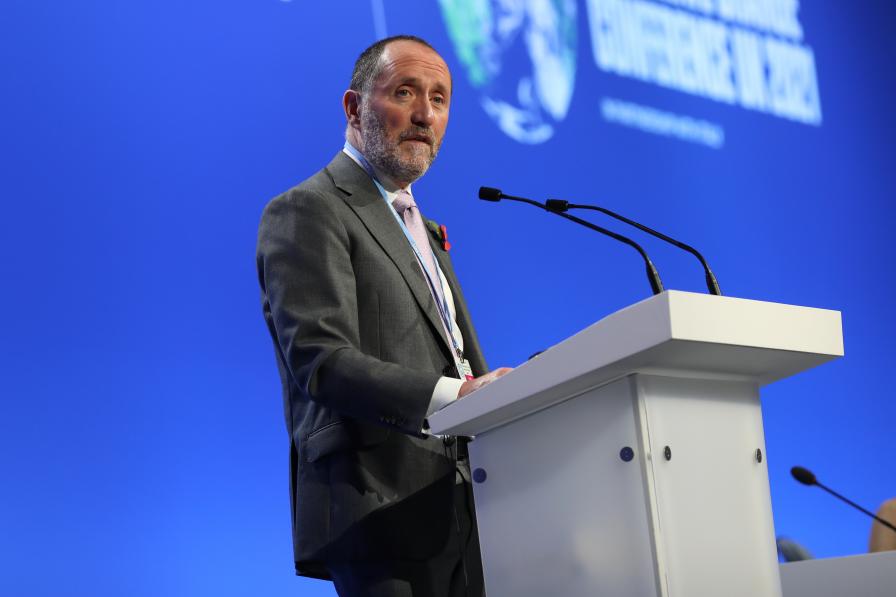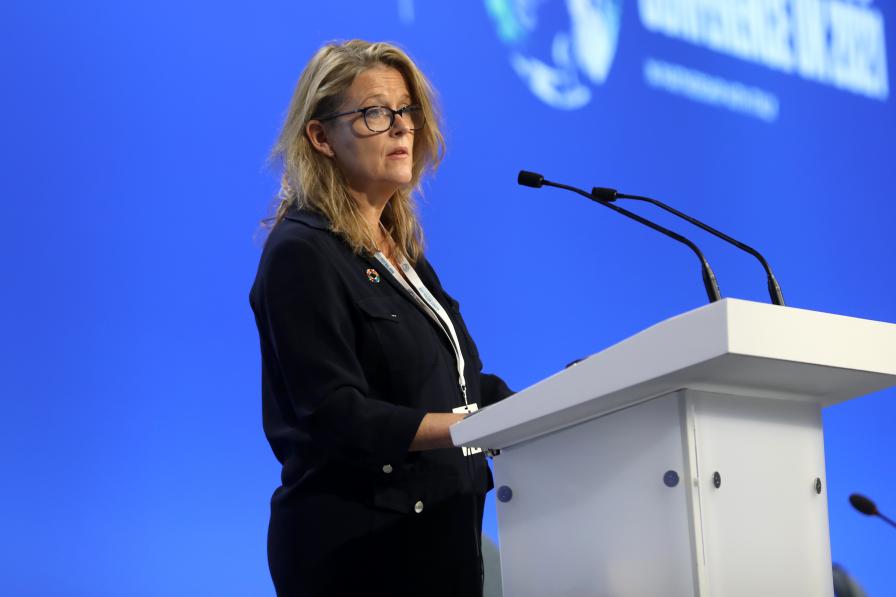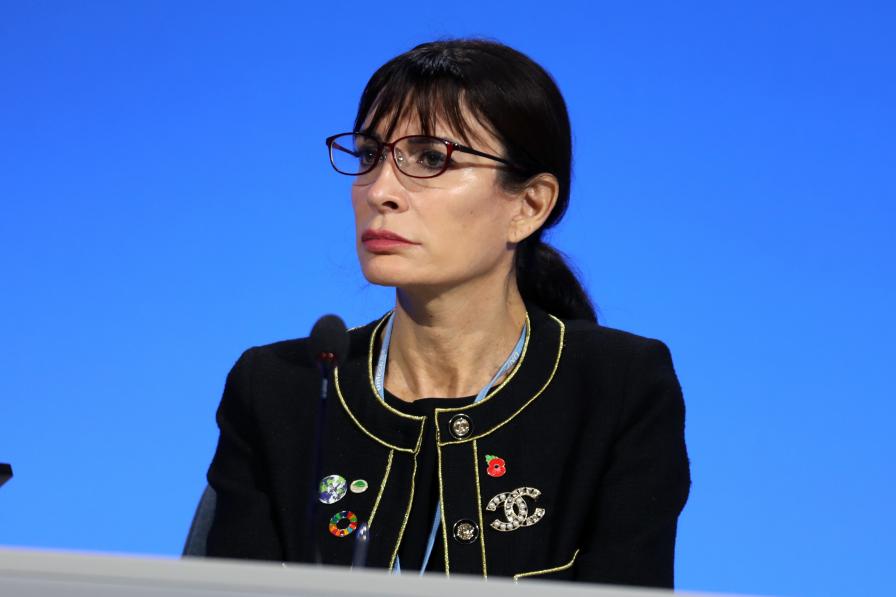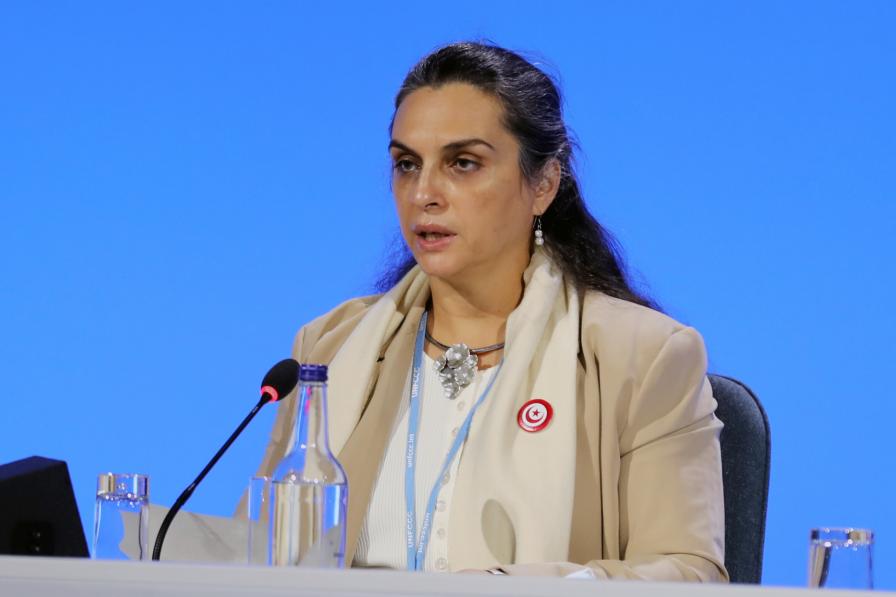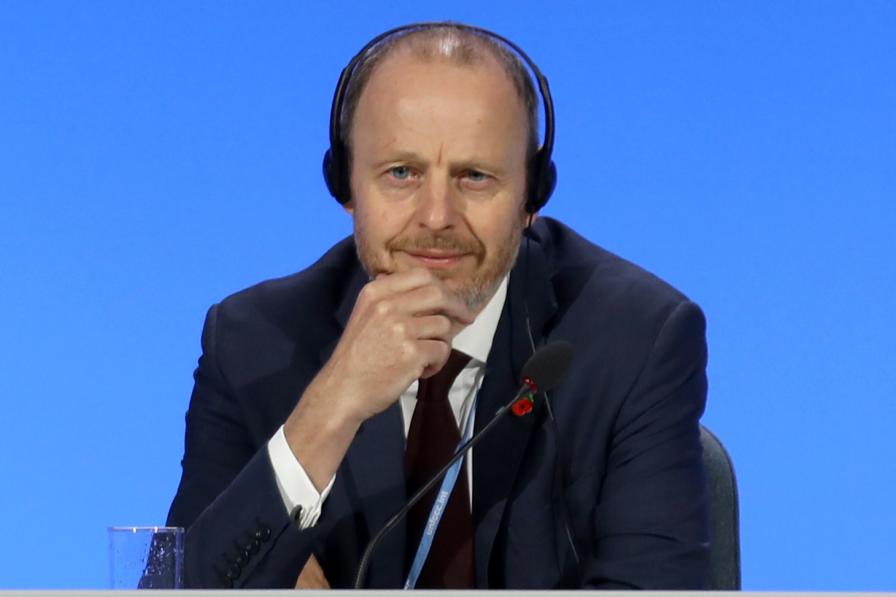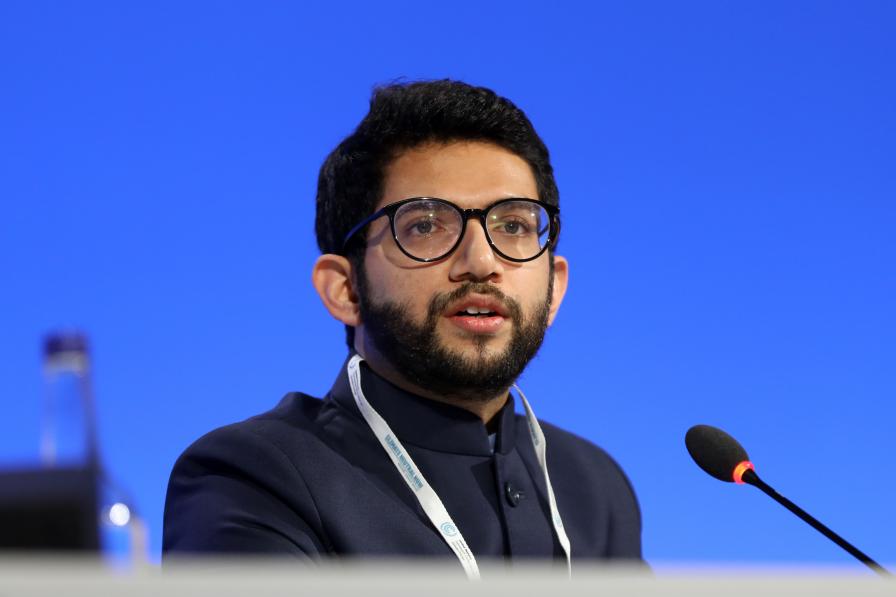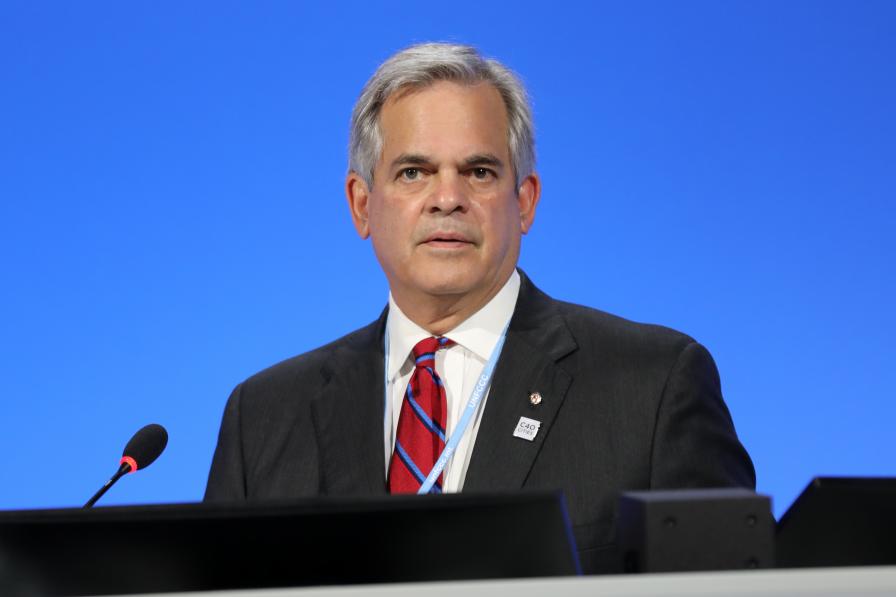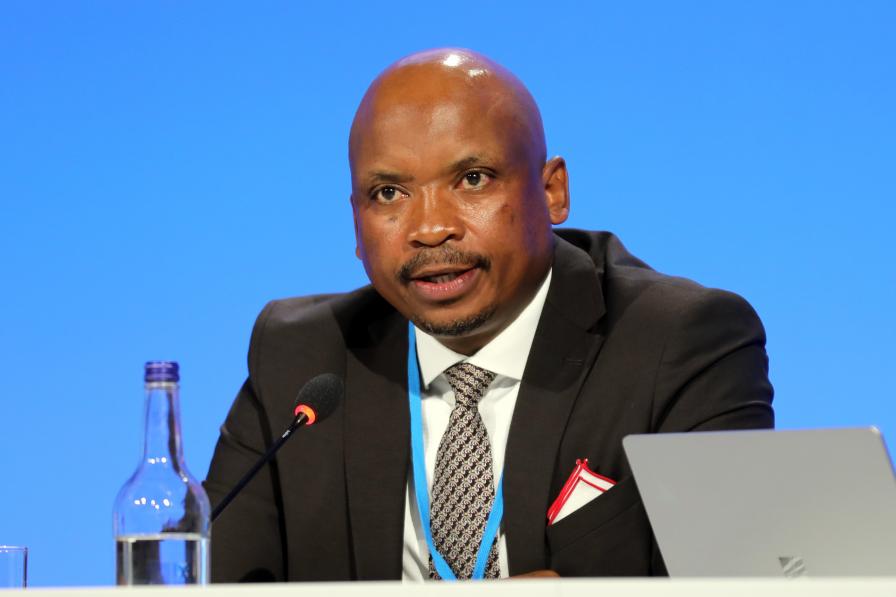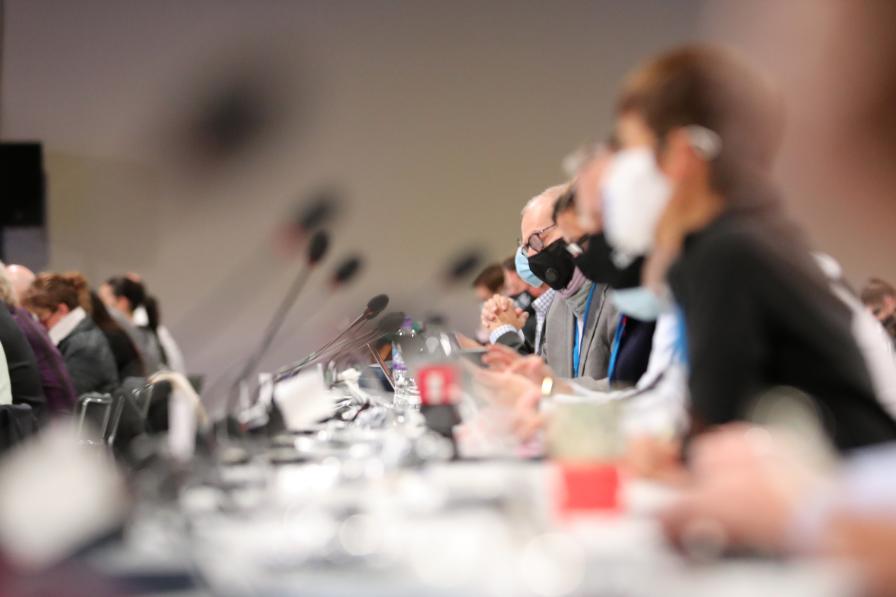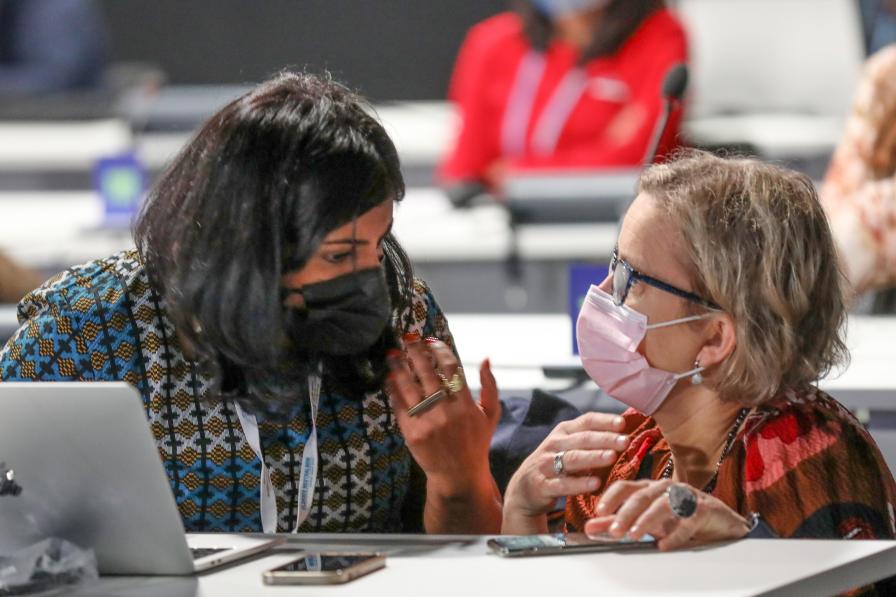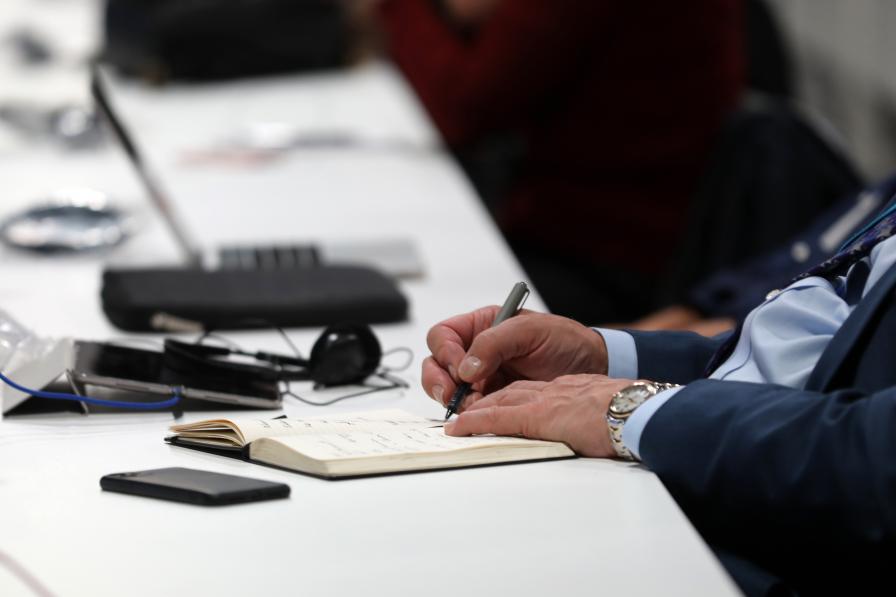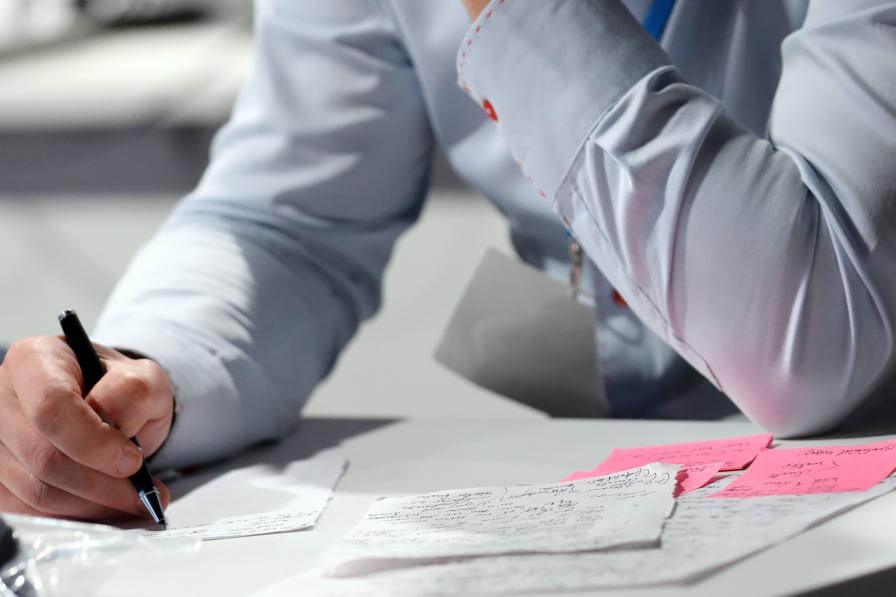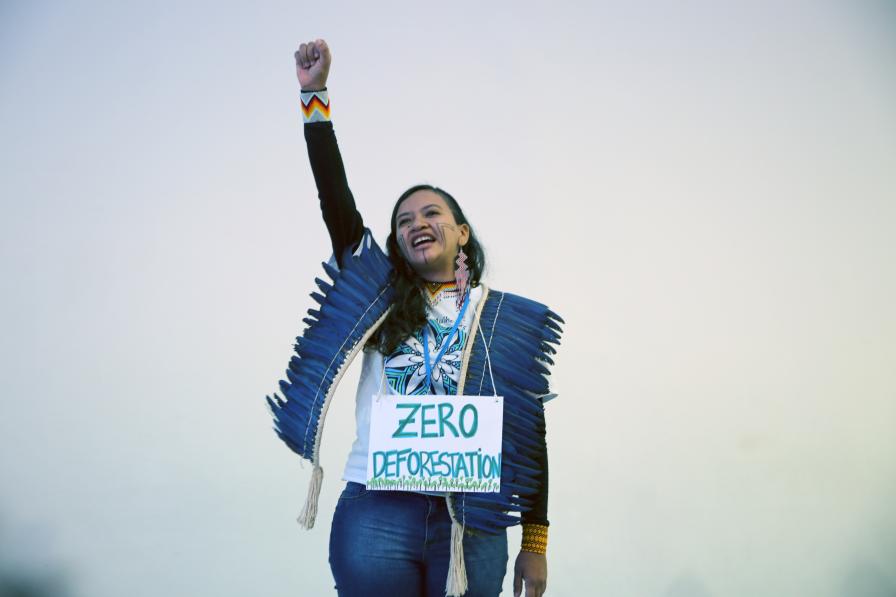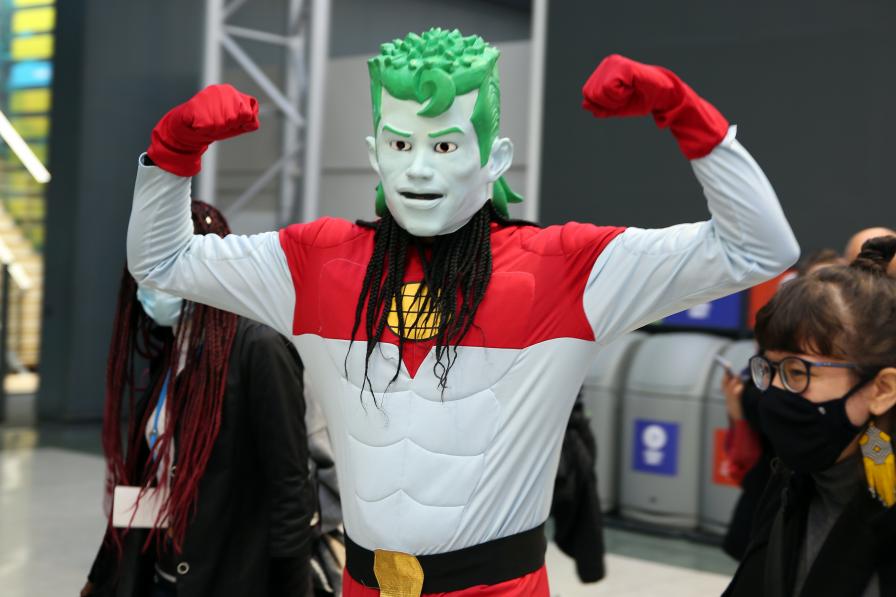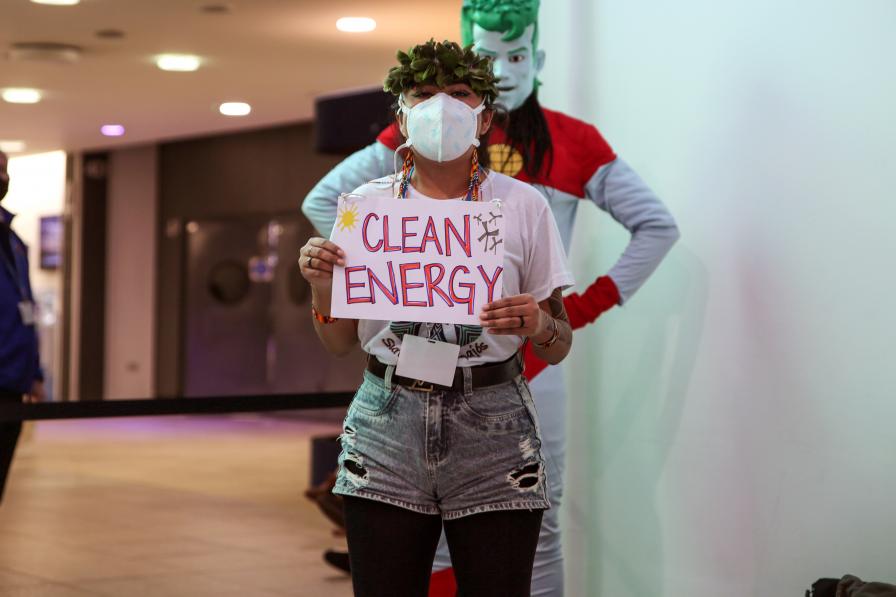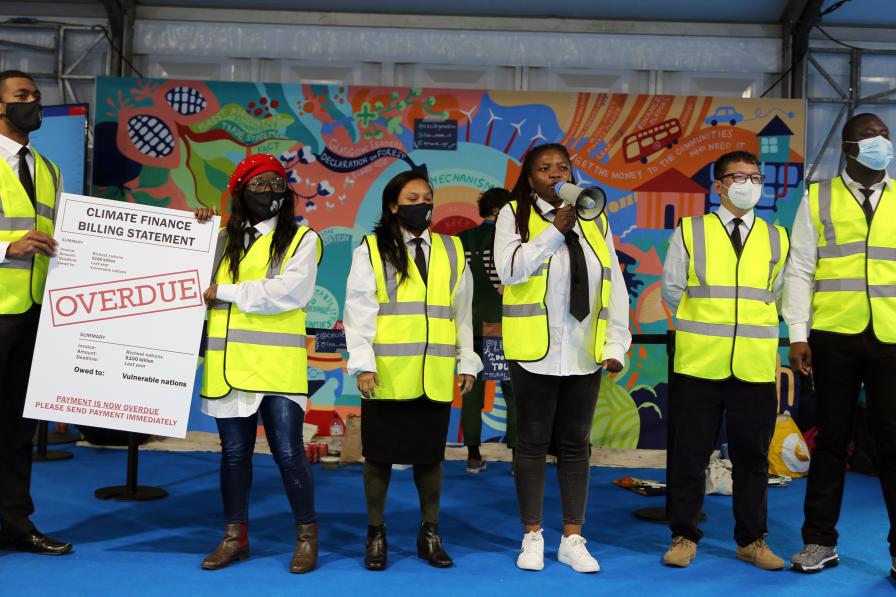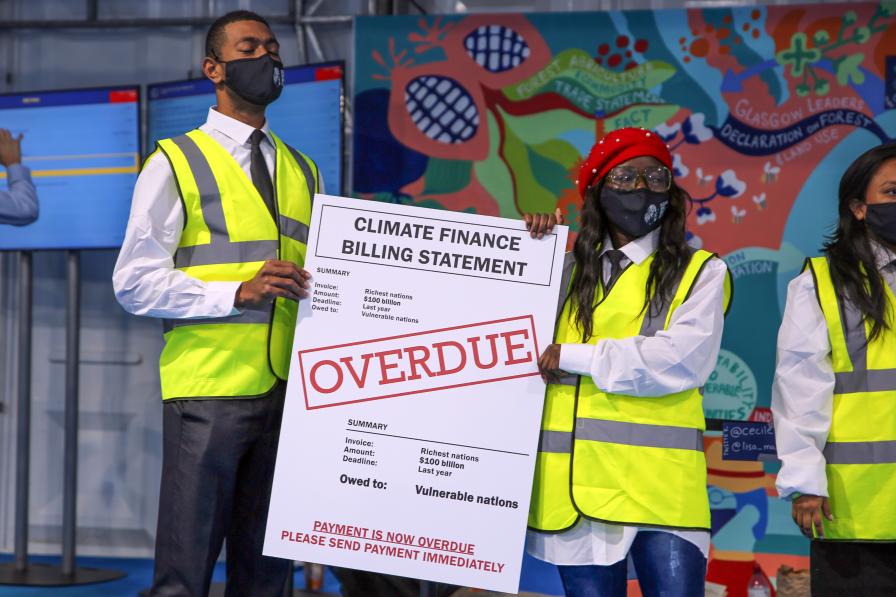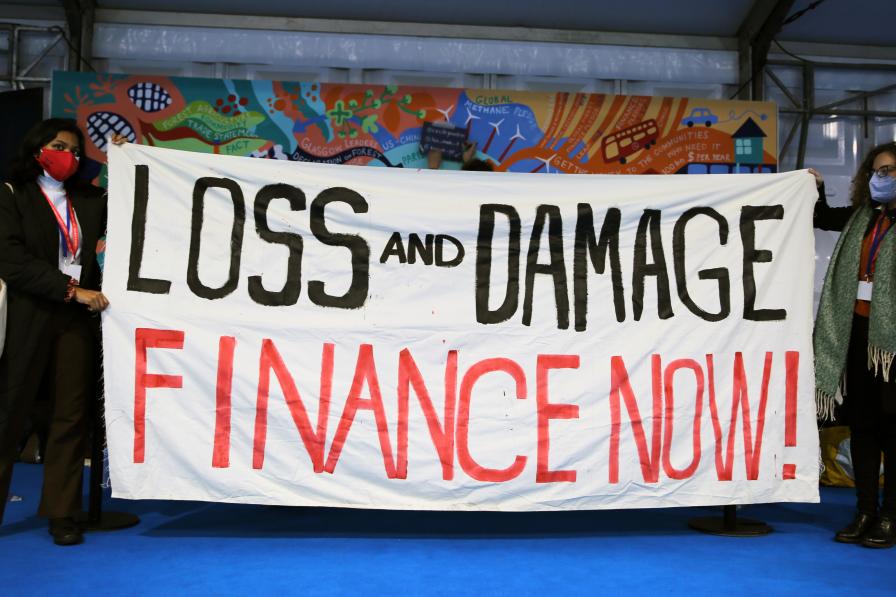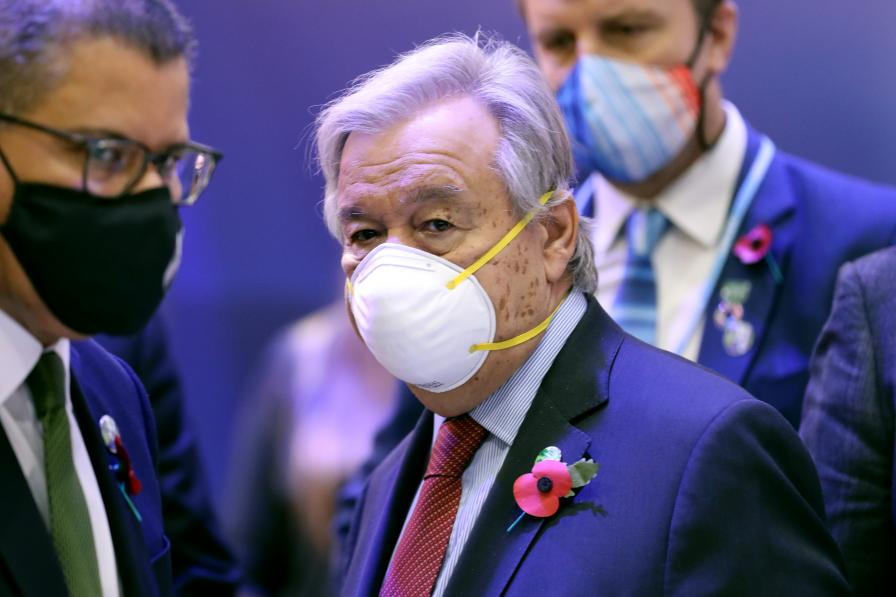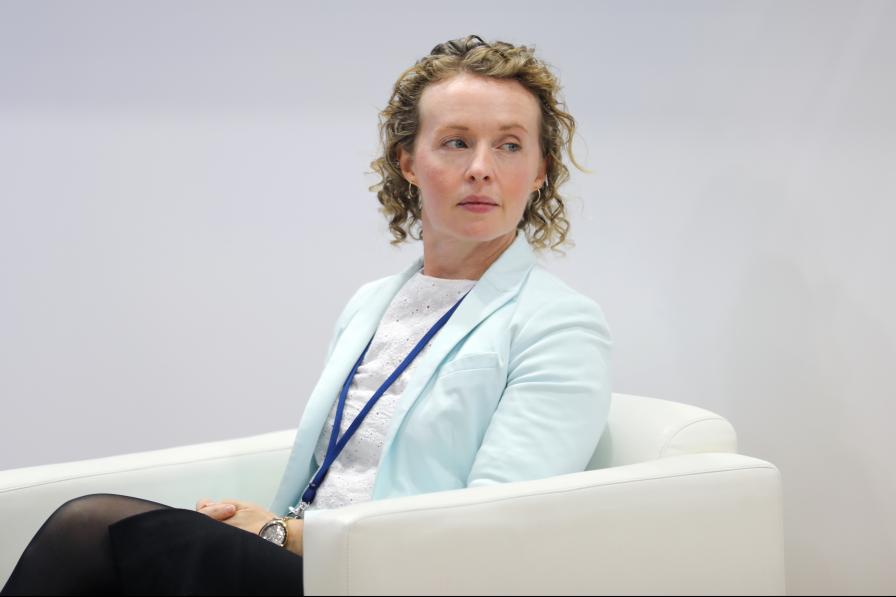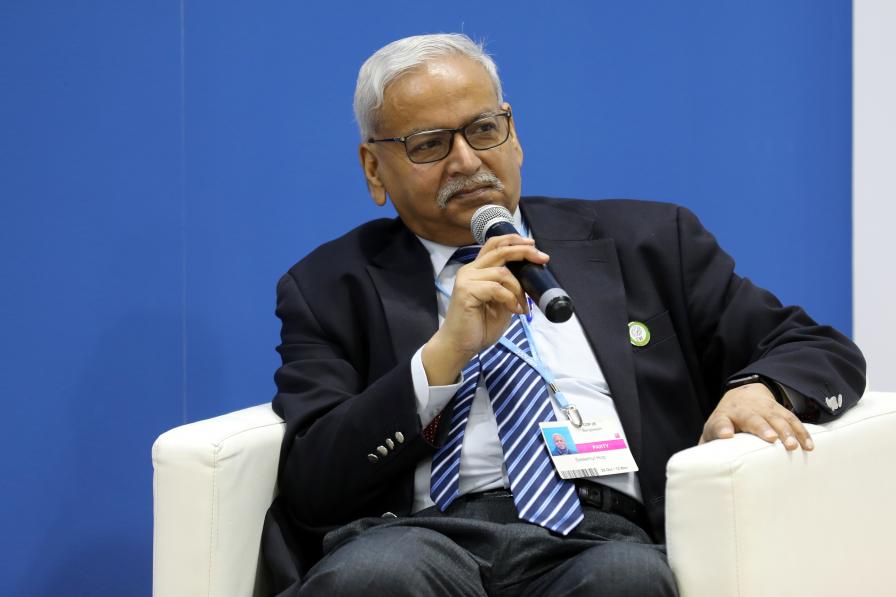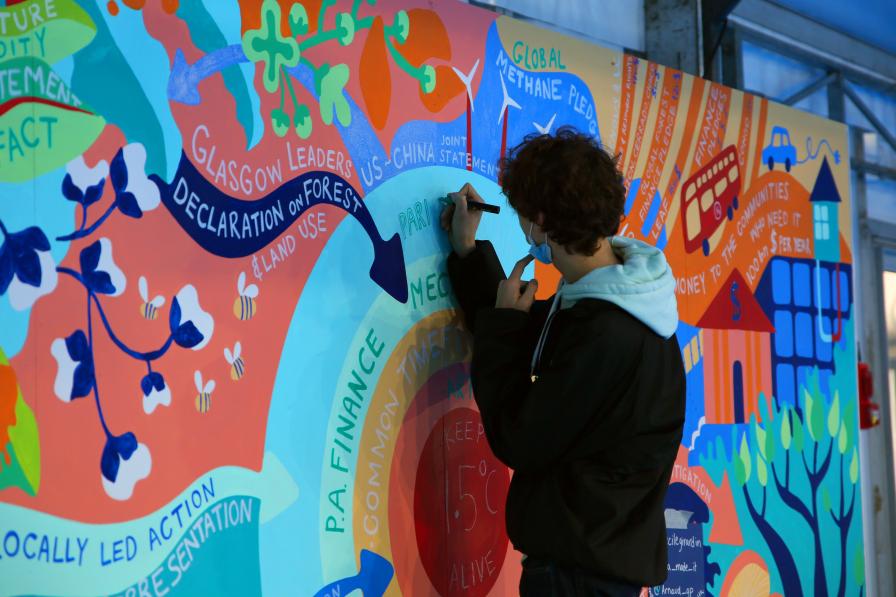On the penultimate day of the Glasgow Climate Change Conference, pressure increased as time grew short. A few decisions were adopted but all of the outstanding issues remain.
Highlights of the day included:
- The first decisions of the governing bodies being adopted;
- The launch of the Beyond Oil and Gas Alliance; and
- Events related to cities, regions and the built environment.
To explore individual negotiation items, please read the full ENB daily report.
Negotiations
COP 26 President Alok Sharma struck a rather somber, or perhaps realistic, tone. In a press conference, he announced a “tranche” of draft decision texts, including on finance, loss and damage, and Article 6 (market and non-market-based mechanisms). But he stressed that “time is running out” and that work on finance and Article 6 need to accelerate “now.”
Work proceeded in a variety of settings. Ministerial consultations on finance convened in the late evening. Bilateral meetings went on between delegations, and between delegations and the COP Presidency. “Informal informal” meetings helped delegates huddle together to find solutions. Still, few expect the COP President’s goal of ending the meeting on time to be realized.
There was a queue outside, mostly observers waiting for the closing plenary to start. It was largely procedural, a way to “bank” the decisions that are ready to be adopted, while allowing negotiations to continue. Egypt was confirmed as the host of the next COP in 2022, and the United Arab Emirates will host COP 28 in 2023.
Around the Venue
Cities and regions are important sites of climate action. They consume 78% of the world’s energy and produce more than 60% of emissions. They are vulnerable to the effects of climate change. In the last year, major cities experienced extreme weather, such as flash floods and hurricanes, and the slowly rising seas threaten many cities near the coasts.
The Global Climate Action’s campaigns Race to Zero and Race to Resilience highlight both the need to reduce emissions and build resilience. In total, 149 cities joined the campaign, showing international commitment by these subnational actors.
Their efforts, and the efforts of all who joined the Race to Zero, featured prominently in the event closing the Global Climate Action agenda at COP 26, titled “Racing for a Better World.” Nicola Sturgeon, First Minister of Scotland, and Sadiq Khan, Mayor of London, gave their perspectives as “doers” in the climate action space. Sturgeon called on rich countries to pay their debts to poor and vulnerable countries in the form of loss and damage funding.
Other events included:
- Building Back Better: Accelerating Deep Collaboration for Built Environment Climate Action
- Unlocking Net Zero in Cities through Sustainable Digital Transformation and Innovative Solutions
- Sustainability and Resilience of Cities in the Climate Crisis and during the COVID Pandemic
To receive free coverage of global environmental events delivered to your inbox, subscribe to the ENB Update newsletter.
ENB images are free for use with attribution. For the Glasgow Climate Change Conference, please use Photo by IISD/ENB Mike Muzurakis.
Closing Plenary
Global Climate Action High-Level Event: Racing for a Better World
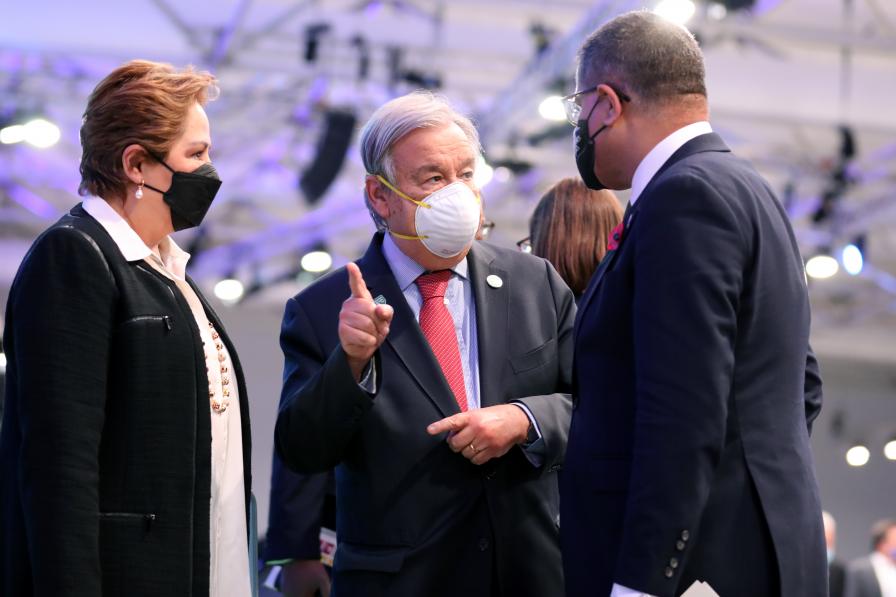
From L-R: UNFCCC Executive Secretary Patricia Espinosa; António Guterres, UN Secretary-General; and Alok Sharma, COP 26 President, UK
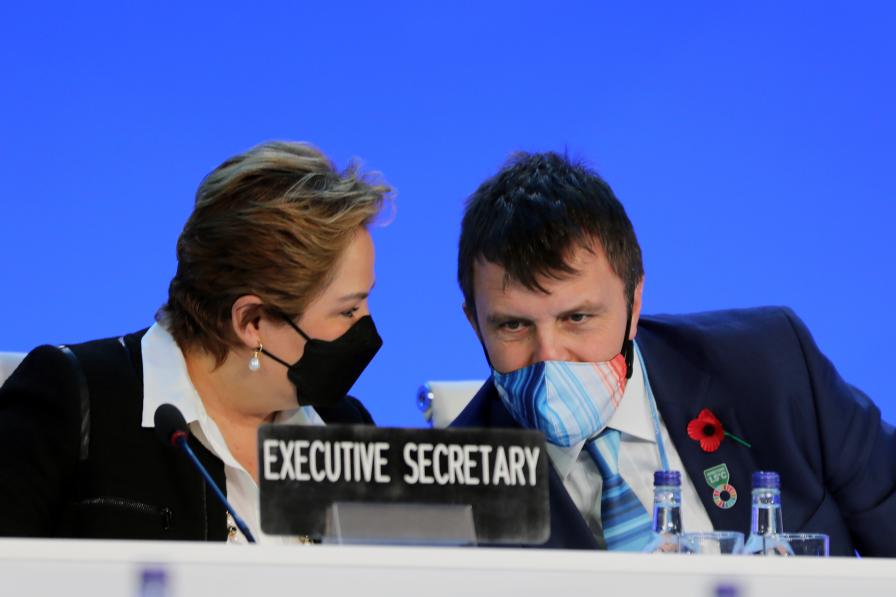
UNFCCC Executive Secretary Patricia Espinosa, with Nigel Topping, UK High-Level Climate Action Champion
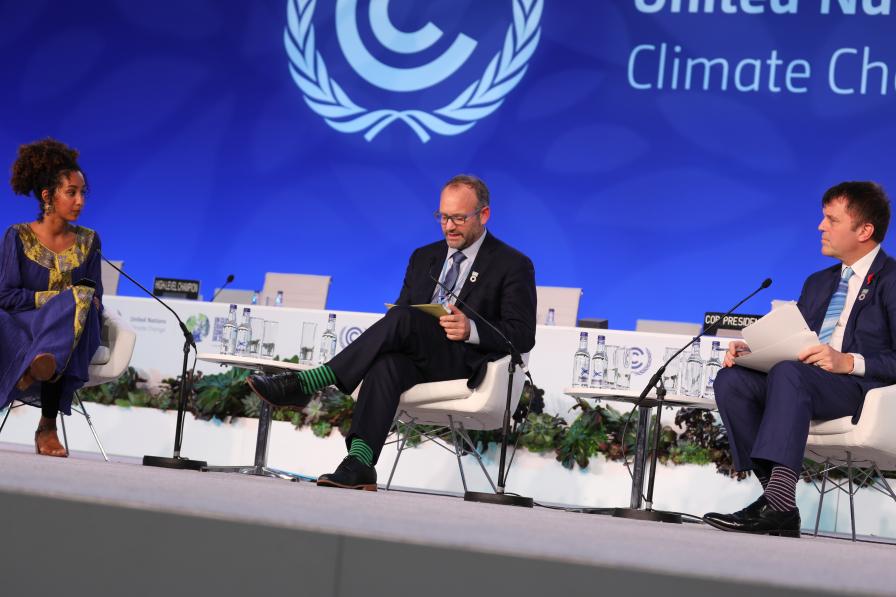
From L-R: Salina Abraham, Global Landscapes Forum; Gonzalo Muñoz, UN High-Level Climate Action Champion, Chile; and Nigel Topping, UN High-Level Climate Action Champion, UK
